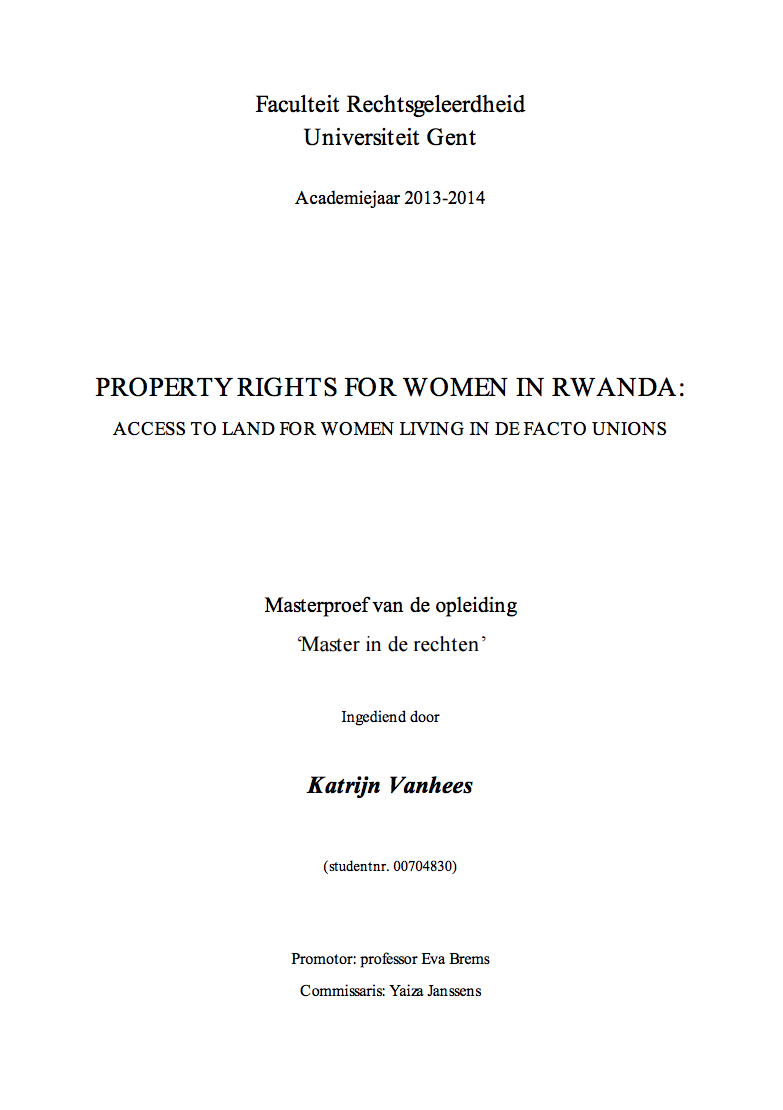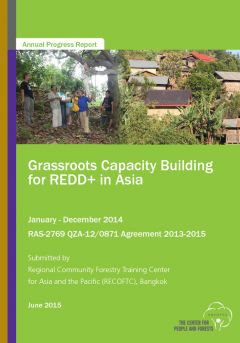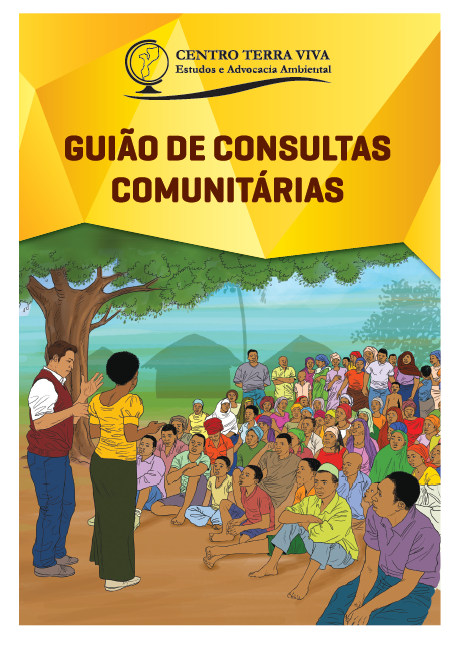Securing Women’s Land Rights: Learning from successful experiences in Rwanda and Burundi
Paper introduces the rationale for focusing on women’s land rights and explains the Learning Route methodology and the preparation of this Route in particular, before providing background information on land tenure and women’s land rights in Rwanda and Burundi.







